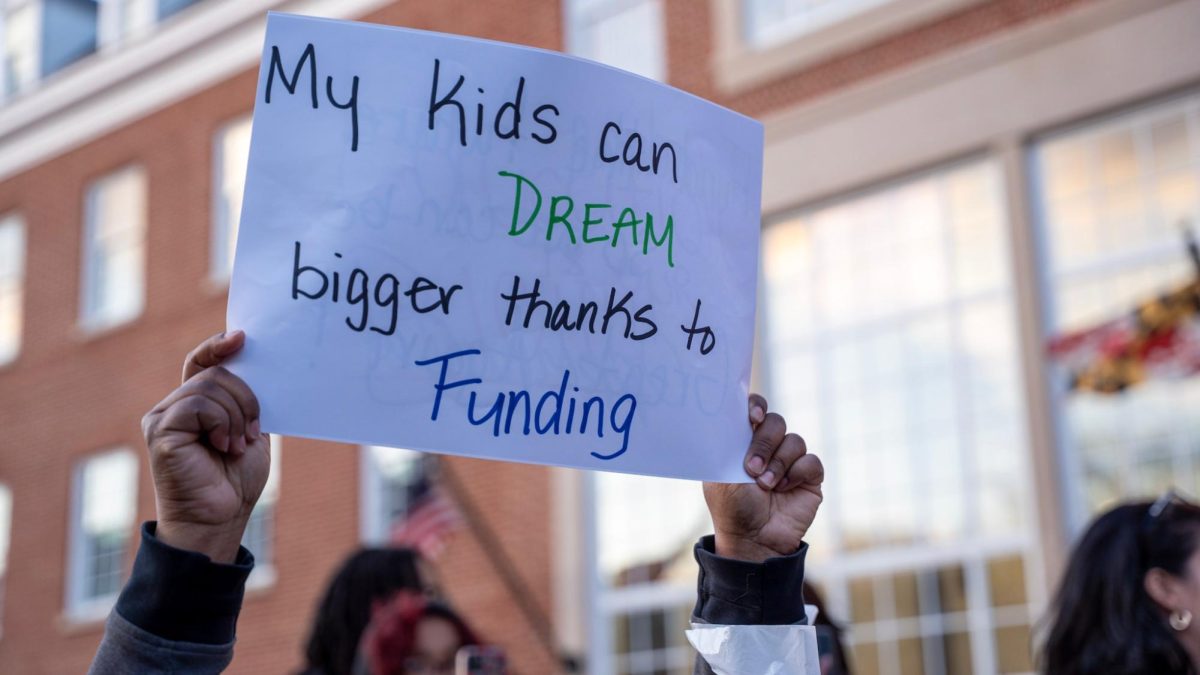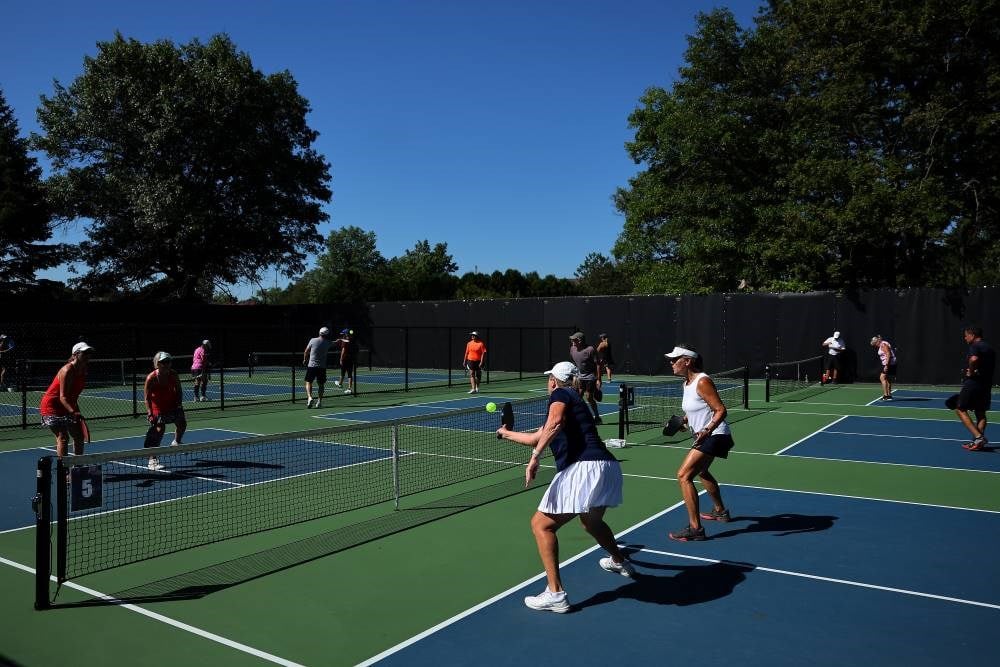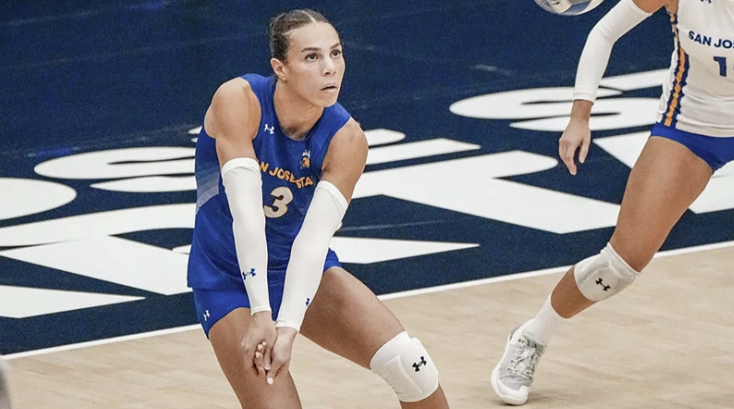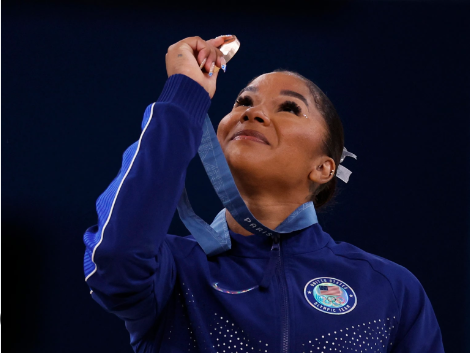Transgender athletes have been the center of many controversies over the years. Whether or not transgender women should be allowed to compete in women’s sports is a question that needs to be addressed carefully.
Earlier this year, Blaire Fleming, a player on the San Jose State Women’s Volleyball Team, was revealed to be transgender. This sparked a controversy within the NCAA, with multiple teams refusing to play against Fleming. The University of Nevada, Reno, just recently became the fifth team to forfeit along with Utah State University, the University of Wyoming, Boise State University and Southern Utah University. The question then becomes: were these teams justified in their refusal to play against a transgender player?
As a female volleyball player, I can personally say that these teams have every right to refuse a game against Fleming. Fleming is a biological male playing a women’s sport. Allowing Fleming, a transgender woman, to play against and with other women violates the fairness, integrity and safety of women’s sports.
Brooke Slusser, a teammate of Fleming, has sued the NCAA along with many other women, over its loose policies regarding transgender players, which they claim put women at risk. Slusser has expressed support for the teams forfeiting to San Jose, her own team, in order to protect the ethics within women’s sports.
“Brooke estimates that Fleming’s spikes were traveling upward of 80 mph, which was faster than she had ever seen a woman hit a volleyball,” Slusser claimed, according to the Cowboy State Daily. “The girls were doing everything they could to dodge Fleming’s spikes but still could not fully protect themselves.” The fastest spike ever recorded by a woman was 10 mph slower than Fleming’s, at around 69.6 mph by Paola Egonu. This shows the major difference in physical abilities between biological men and biological women, revealing the danger of Fleming’s presence on the court.
Taking Fleming off of the San Jose team is a matter of safety within women’s sports. This especially needs to be stressed when addressing the controversy surrounding transgender women playing in women’s sports. The University of Nevada, Reno, became the first team to pointedly address fairness and safety concerns with regards to their forfeit, stating, “We demand that our right to safety and fair competition on the court be upheld. We refuse to participate in any match that advances injustice against female athletes.”
Since one has the sole decision of doing what they want with their body, Fleming should not be receiving hate for being transgender. The decision to change your body is a basic human right, and therefore is not the problem in this situation. It becomes a problem, however, when the presence of a transgender athlete, such as Fleming, threatens the safety and integrity of women’s sports.
San Jose, Fleming and her teammates will continue to be the center of this controversy. If the real problems within this situation are addressed, which is the safety and fairness within women’s sports, then hopefully people will be able to comprehend how Fleming’s presence on the San Jose team is clearly inappropriate. Slusser and the other teams in the NCAA need to continue to protest their right to a safe playing environment, even if it means removing Fleming from the San Jose Women’s Volleyball Team.
































